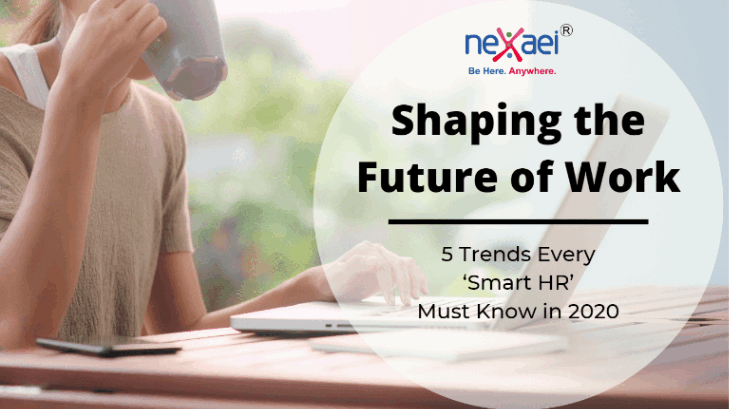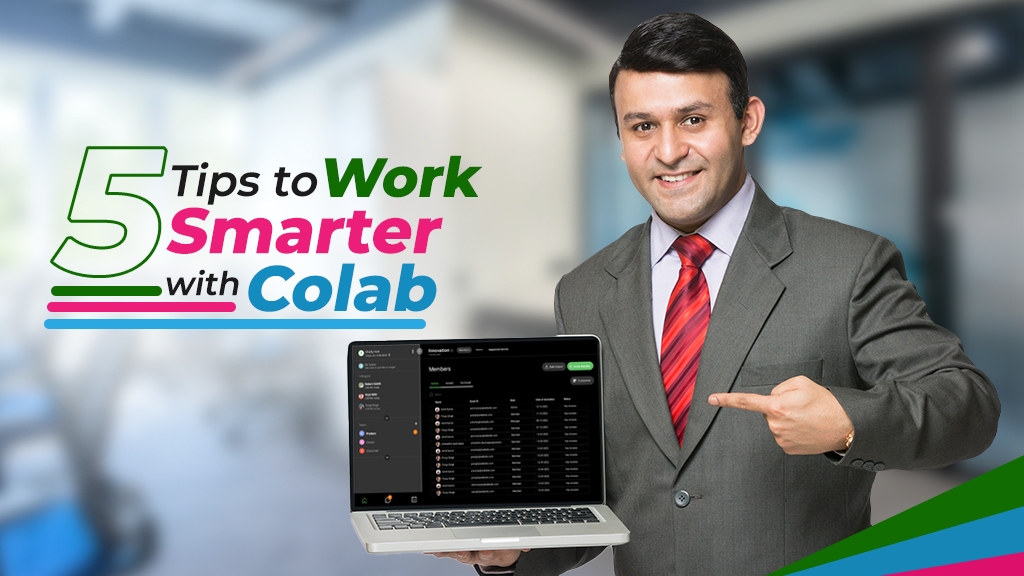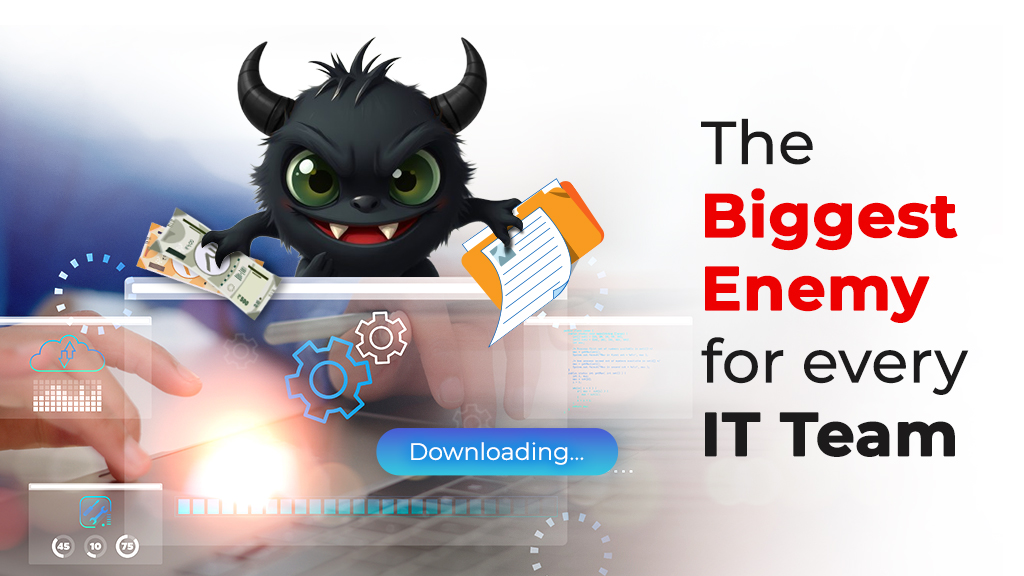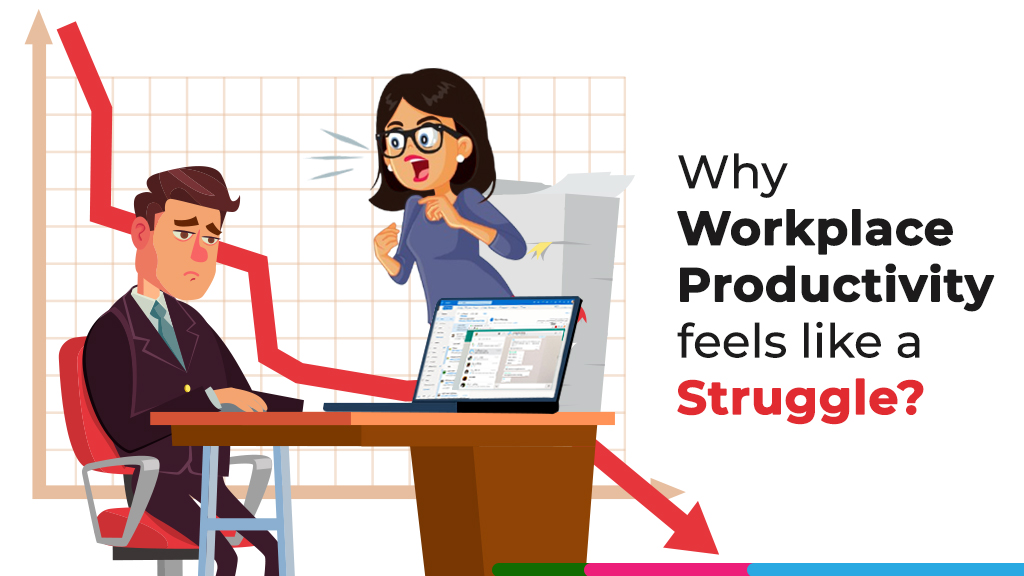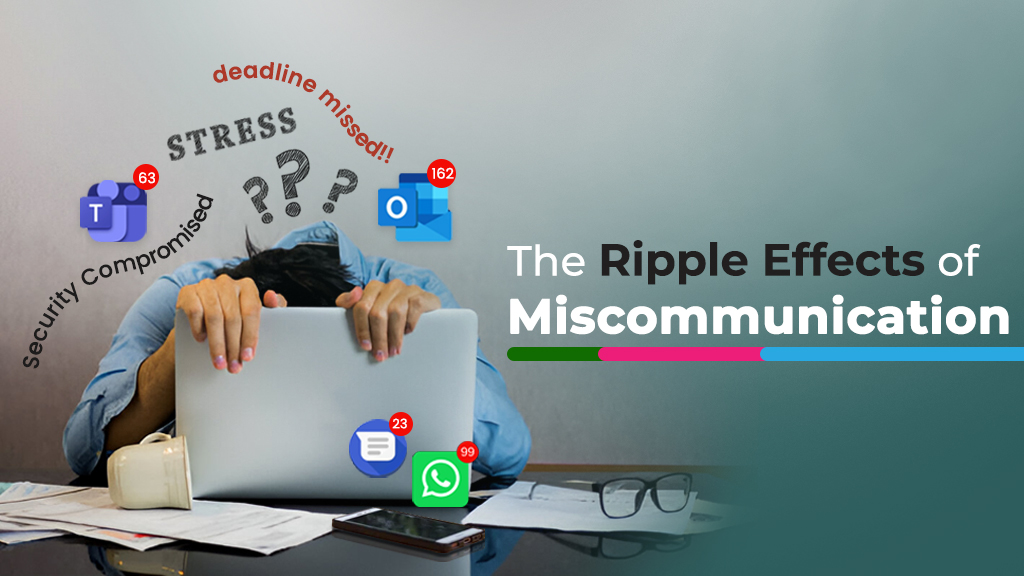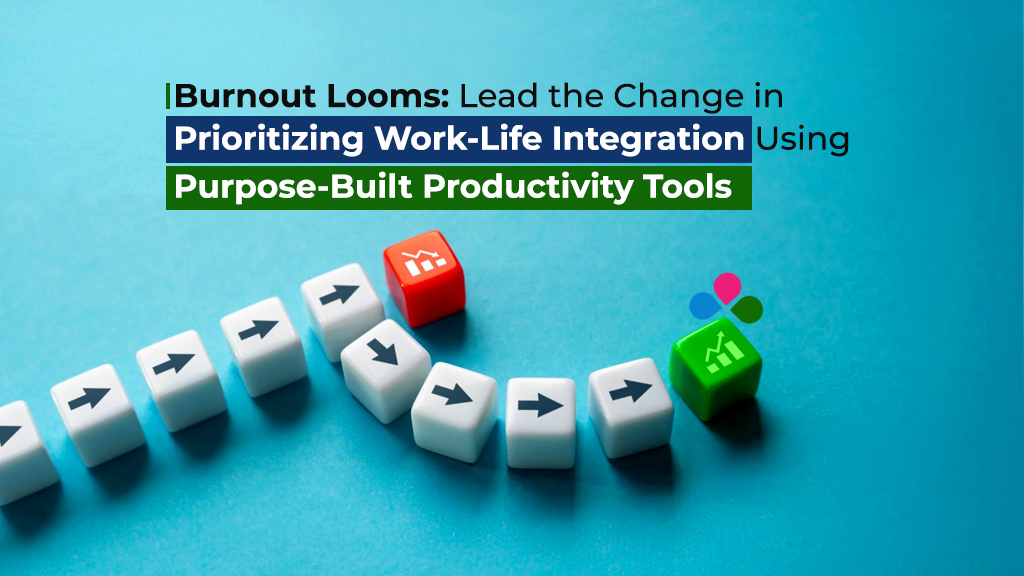Today’s reality is that we live in an era of constant change and innovation – something that is also disrupting the HR space. It is indeed a tedious job for HR to constantly try and keep up with the technological advancements and trends all the while trying to manage their daily work. Speaking of trends to watch out for in 2020, there are a number of these featured in headlines, blogs, and annual trend reports; and what we found out was that they are vastly diverse – sometimes confusing! So, to help you, we have summarized our findings based on our extensive research and have them listed here for your convenient reading. But before we begin, let us break this to you that you might find some of these trends to be quite familiar. And so, we will also be attempting to provide clarity into the best possible way to approach these trends and how they will go on to help you and your organization. In other words, we’ll try and give you an overview of all the current developments and provide practical examples of what they mean to you as an HR professional. So, without further ado, let’s get started…
The Future of ‘Human Resources’
The latest developments and trends in the field of HR have consciously and unconsciously impacted the use of the term ‘Human Resources’ or HR itself – the term should be better aligned with the kind of work that they do. As such, the term ‘Human Resources’ might objectify employees as resources or machinery! Certain companies who keep ‘humanity’ as the core component of HR processes are substituting the term with People & Culture, People’s Operations, Happiness Officers, etc. These sorts of changes reflect how the nature of HRDs are changing and should very well be adopted by you. N.B.: Be careful not to use any fancy terms just for the sake of it. Make it more aligned with the nature of your HR department for the best results!
HR Analytics and Data Usage
HR analytics is not a new trend neither can it be regarded as an unknown concept. With the help of HR analytics, professionals can analyze the data they get in order to use it later to achieve useful insights. This ensures that the decision-making in your company is not based on gut feeling or intuition, rather it is driven by objective data! Every HR knows what this means, however, not every one of them is able to put analytic tools to proper use. According to a leading survey of 2018, 84% of the participants viewed people analytics to be extremely important. The survey further laid claim that 69% of the organizations are working towards developing advanced and integrated systems in order to better analyze employee data. The right combination of employee data from intelligent analytics tools leads to a better working environment for employees and better profits for the organization. Another good use of accurate employee data is analyzing why are your employees not sticking around long – or even accurately predict when is it that they are most likely to leave – and solve the churn rate through an actionable solution.
The Upcoming Technologies
In modern businesses, the most valuable development initiative requires a strong foundation – technology! The technology landscape is ever-changing – new infrastructure, systems, and tools are being developed and/or released as you are reading this blog! We have found two of the most important technologies that every HR professional must be aware of –
- Robotic Process Automation (RPA)
- Artificial Intelligence (AI)
Let us now help you understand why these two technologies are important for HR. Robotic Process Automation (RPA) Technically speaking, RPA tools power and support the data-driven processes of an organization. By configuring software or a robot, companies will be able to automatically interpret applications for efficient processing of a transaction, manipulating of data, communicating within other systems of the digital ecosystem, and triggering of actionable outcomes. For HR professionals, the automation of RPA enables them to focus on their core functionalities and not be bogged down by ad hoc duties. For instance, during a recruitment process HR can say goodbye to anything manual – updating of employee information after every new hire, creating a fresh employee record, gathering of employee documentation. With effective communication between different software systems, advanced RPA tools will surely be beneficial for double-checking HR compliance. Artificial Intelligence (AI) Experts are of the opinion that AI and its impossible feats will be responsible for driving the next industrial revolution. And, we are all aware that this is inevitable. The ability of AI to create intelligent machines that work and respond like humans by mimicking human cognition does go on to mean that manual work is a waste of time. The use of AI in HR processes is not slated to transform HR in the future. It is already a reality now! According to a report, the HR is usually seen to be a step behind in the digital transformation journey and this is where AI would enable them to catch up efficiently! AI promises to get rid of repetitive tasks, streamline talent searching, cut down the attrition, and build up the employee engagement. HR will be able to help re-imagine the work experience with the help of algorithms that can train themselves without needing much of human intervention. When speaking about AI, it is important to keep in mind the fact that automation and analytics are not part of AI. What we have found that several processes in HR that are labeled as AI are in fact automated processes. You need to keep in mind that true AI can do something far beyond for which it was coded. This means that the applications that leverage AI are bound to be expensive, and will be helping you ‘smartly’ define the future of your workplace.
The Rise of Millennials and the Concept of New Work
The delusion surrounding the fact that the implementation of new technologies will be taking away our jobs is just a bad joke! Rather, the rightful use of new and advanced technologies will mean that we will be able to free our time and perform other engaging tasks. The same can be said about the HR. The working life is ever-evolving, and at times it may get tricky to keep a track of it. For instance, the term new work does not just imply a singular phenomenon but describes a set of interconnected trends and developments. And part of this set of trends is the rise of the millennials. The fact is that millennials are the main drivers of positive change today. They have been born in the digital age and have been shaped out of technological advancements – and hence, they know the value of digitalization in all its forms. This means that millennials shape how work can be done in fresh ways. Millennials now form a majority of the global workforce, and hence, they are not just a theoretical concept or a trend anymore! They are here and are redefining how work may be done by enhancing flexibility, communication, and values in every organization. The concept of new work also calls for new leadership that promotes empowerment, agile processes, self-management, teamwork, and dynamic working environment, and more. Concluding Thoughts This decade will witness employees thrive in the predicted economy and will be showcasing a do-it-yourself attitude. Very soon the traditional 9-5 jobs will be replaced by contract-based specialists. The HR professionals and heads will face the challenge of hiring project managers who would handle critical projects involving millennials. As the digital world overlaps the real world, workers will be required to stretch their skills as and when the need arises and will be expected to self-manage themselves by collecting and using their data to be able to support their efforts. On the face of it, technology is indeed a valuable addition to the HR, but fruitful results can only be reaped if you can maintain the delicate balance between humanity and technology. So, before introducing ground-breaking technologies or workflows, it is important for you to have a solid foundation first. No matter what the predictions are, you will have to be part of the smart journey to the future workplace in order to achieve it.

